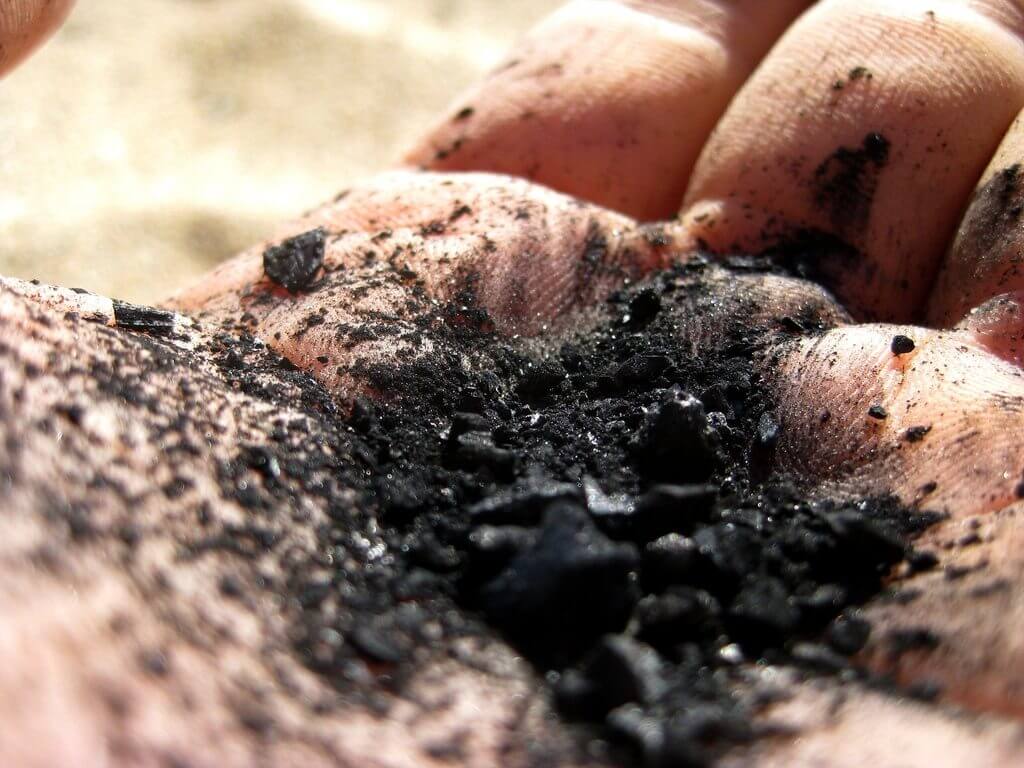If you suspect that your furry friend has ingested something toxic, time is of the essence. The first step is to contact your veterinarian or the nearest veterinary emergency hospital. But have you ever wondered about the incredible power of activated charcoal? This natural substance can be a game-changer in saving your pet’s life.
The Marvels of Activated Charcoal
Activated charcoal has the remarkable ability to adsorb chemicals and toxins, allowing them to be safely eliminated through the feces. It acts as a magnet, attracting and holding on to harmful substances to prevent their absorption by the body.
Administering Activated Charcoal
In most cases, activated charcoal is given to dogs after inducing vomiting to absorb any remaining poison or toxin in the gastrointestinal tract. There are various forms of activated charcoal available, including suspensions, granules, capsules, tablets, and gels.
Using a suspension like Toxiban can be messy and may stain surfaces. While some dogs may consume activated charcoal when added to their food, many refuse due to feeling unwell. Veterinary hospitals often administer a suspension orally or via a stomach tube. It’s important to note that using a stomach tube at home is not recommended and should only be done at a veterinary facility. However, using a gel form, as demonstrated in the video, can be done at home safely and effectively.
Dosage Guidelines
The dosage of activated charcoal depends on your dog’s weight. The recommended range is 0.5 to 1.5 grams per pound of body weight. For example, a 5-pound dog would require 2.5 to 7.5 grams, while a 100-pound dog would need 50 to 150 grams. It’s crucial to avoid products that are dosed in milligrams (mg) to ensure accurate administration.
Frequently Asked Questions
Q: Can I use activated charcoal for my dog without consulting a vet?
A: While activated charcoal can be a helpful tool in emergencies, it’s essential to consult a veterinarian before administering it to your dog. They can provide guidance on dosage and ensure appropriate care for your pet.
Q: Will activated charcoal turn my dog’s stool black?
A: Yes, it’s normal for your pet’s stool to turn black after administering activated charcoal. This discoloration is a temporary and harmless effect of the treatment.
Q: How long does it take for activated charcoal to work?
A: The speed at which activated charcoal works varies depending on the situation. It is recommended to monitor your dog closely after administration and seek further veterinary care if necessary.
Conclusion
In times of emergencies involving potential poisoning or toxin ingestion, activated charcoal can be a lifesaver for your canine companion. Its ability to adsorb harmful substances and facilitate their safe elimination makes it an invaluable tool in veterinary care. Remember, always consult a veterinarian before administering activated charcoal, and don’t delay seeking professional advice. Your pet’s well-being depends on swift action.
Remember, Pawsoha is here to provide you with reliable information and guidance on keeping your beloved pets safe and healthy. Visit Pawsoha.com for more enriching content and resources.
Disclaimer: This article is for informational and educational purposes only. It is not a substitute for professional advice, diagnosis, or treatment. When in doubt, always consult a qualified veterinarian.
